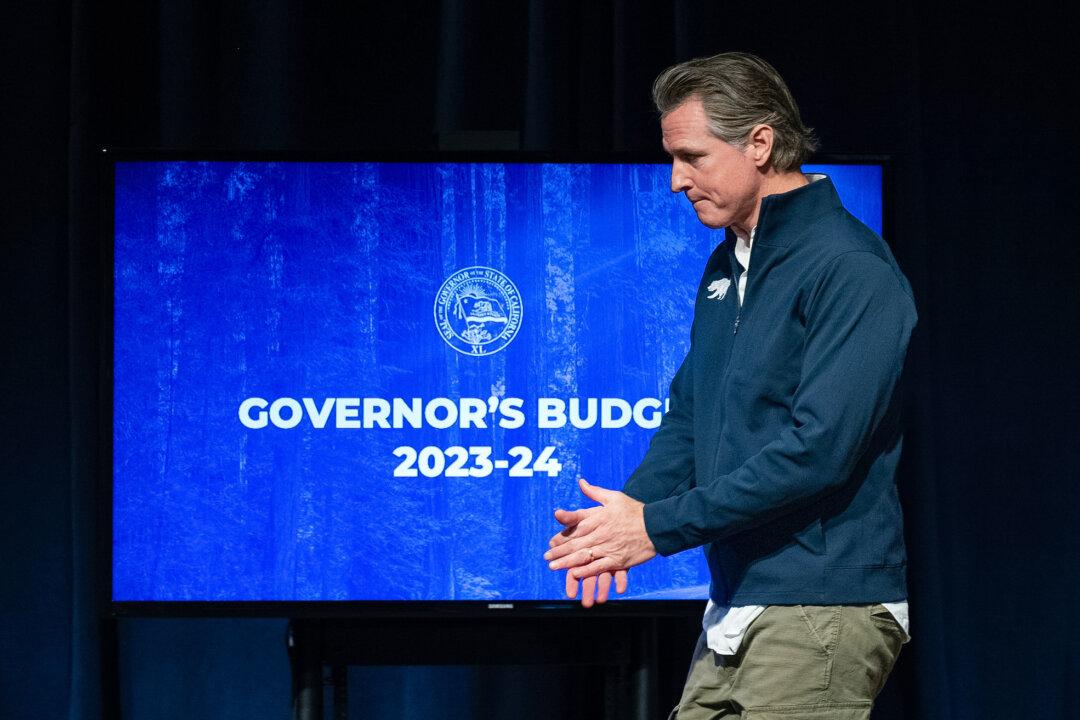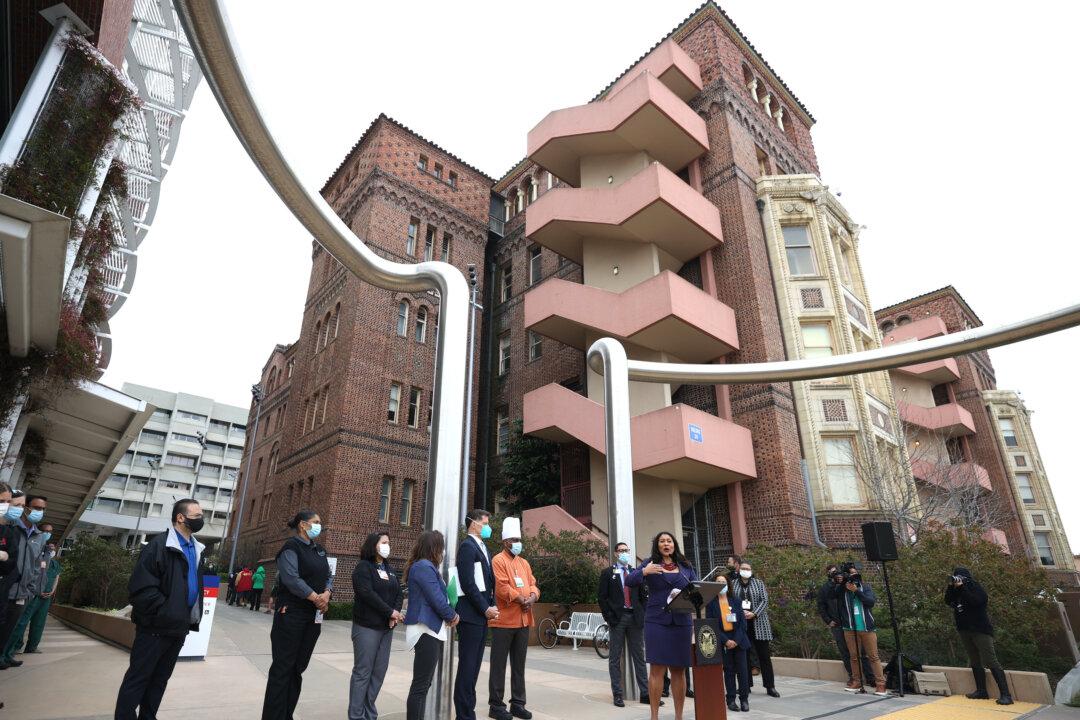In response to California’s budget deficit, Gov. Gavin Newsom has proposed delaying pay increases for disability care workers by one year to fiscal 2025–26.
The scheduled pay raises, first funded in 2021-2022, were part of a five-year rate reform intended to address shortages in disability care workers, who typically make $16 to $20 an hour. The 2022–23 budget accelerated the timeline to four years.
The Legislative Analyst’s Office suggests that the governor’s proposal to push the raises back a year would save $612.5 million and aid in tackling the state budget deficit, which some estimates say could hit $73 billion.
According to the foundation, such workers can be responsible for custodial care, which involves daily activities like eating and dressing, and for skilled care, which could involve changing bandages or taking blood pressure.
The foundation points out that California’s disability care workers are 80 percent female and 47 percent are immigrants. Over 75 percent are people of color.
According to the Legislative Analyst’s Office, providers have expressed concerns that the persistent shortage of direct care staff could result in delays for consumers.
The analyst’s office observed that the state Department of Developmental Services, which oversees disability care workers, has tried to boost workforce stability by offering bilingual pay differentials and by setting up Direct Service Professionals University, a program that provides training and certification that can lead to higher pay.
But the analyst’s office said these efforts are still in the early stages and are unlikely to address providers’ immediate workforce needs in 2024-25.






